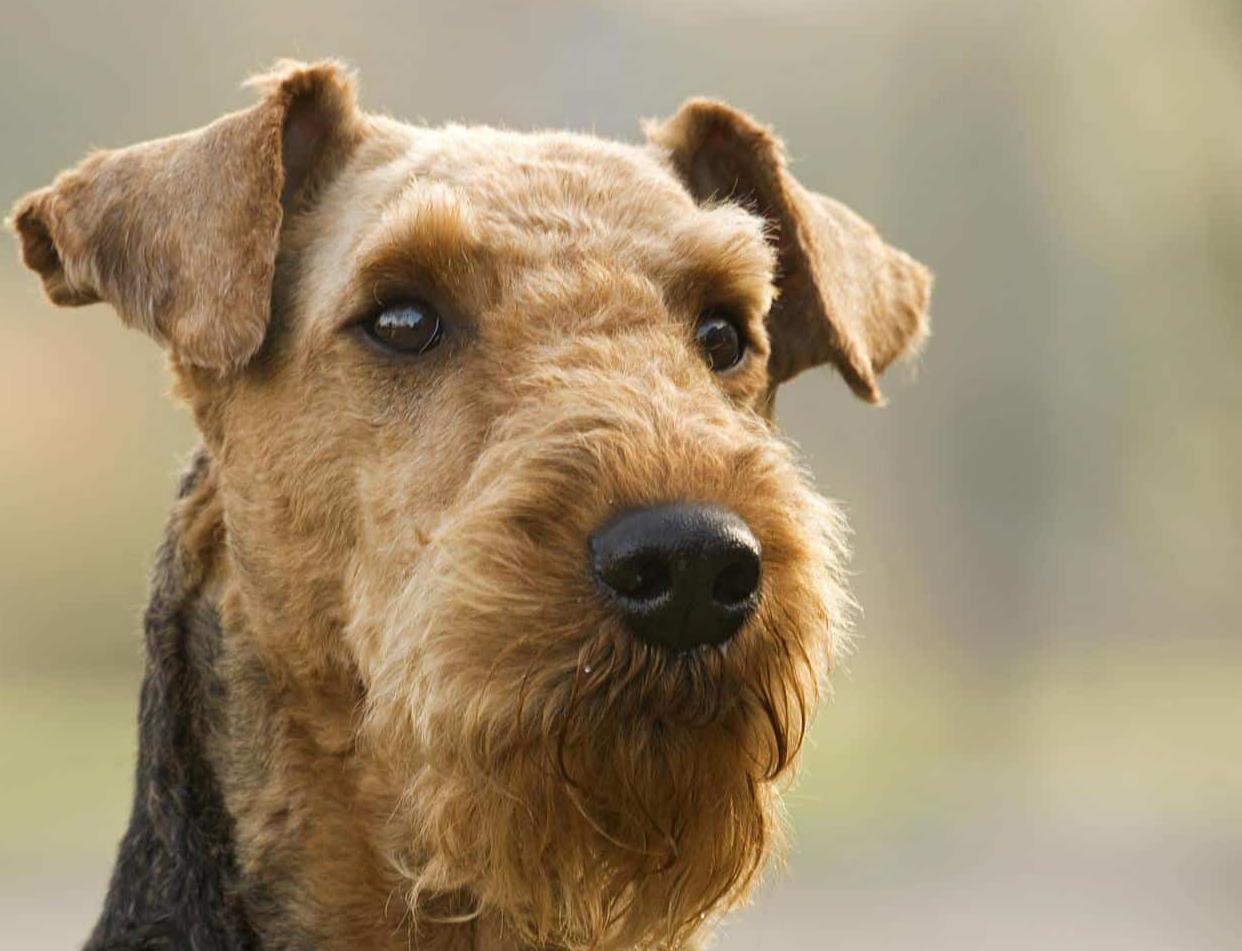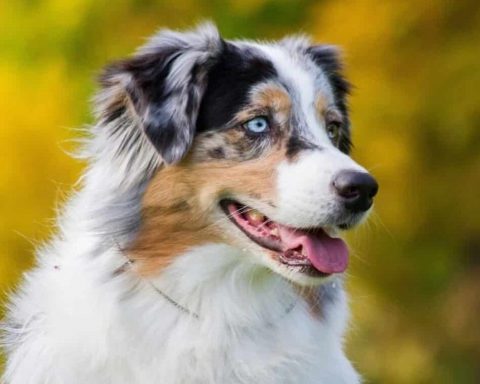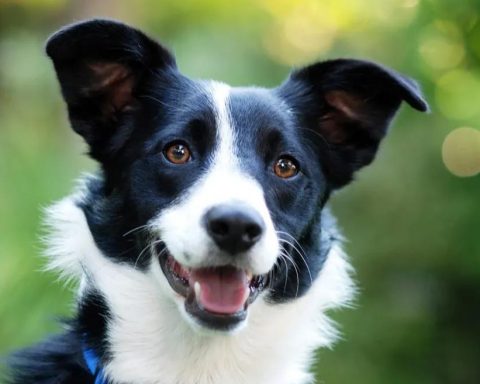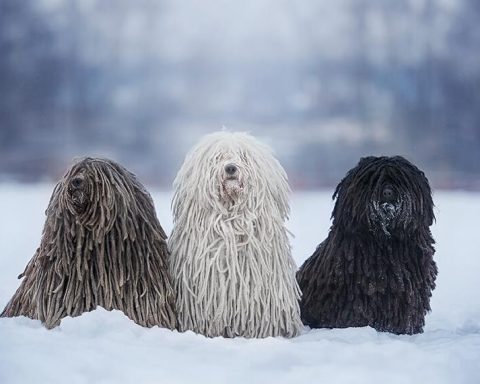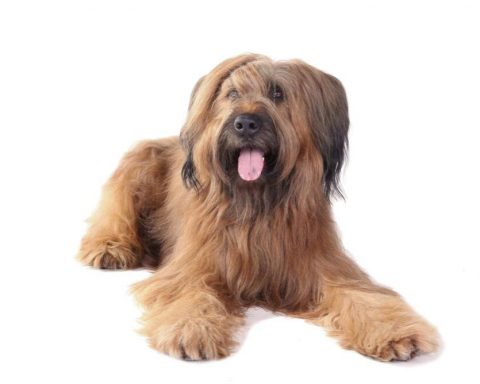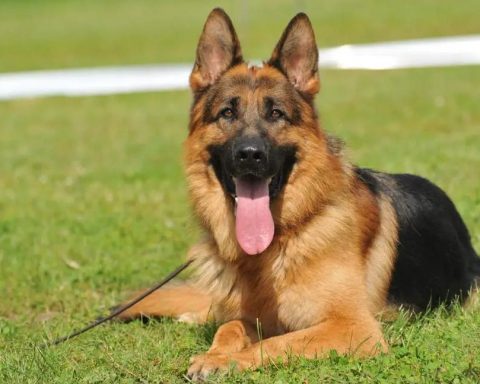summary
The Airedale Terrier is a very large terrier, named after the “Airedale” valley in Yorkshire where it originated. Strong and energetic, often used to hunt otters. Willing to swim, especially in water.
Head
There is only a small difference in appearance between the head and the face. The head should be long and flat, with not too wide a distance between the ears and a slightly narrower distance between the eyes. The scalp has no wrinkles, the stops are barely visible, and the cheeks are not plump. Ears are located on the sides of the head, V-shaped but not pointing toward the eyes, small but properly proportioned to the overall size.
The fold line of the ears should be at the same level as the top of the head. Cheeks should be deep, firm, strong, and well muscled. Fill in the area in front of the eyes. Eyes should be dark in color, small, not protruding, full of more canine eyes, warm and intelligent. Lips are tight. Noseglasses are black and not too small.
A pincer bite, a slight overlapping bite or a clipped bite are all acceptable, regardless of merit.
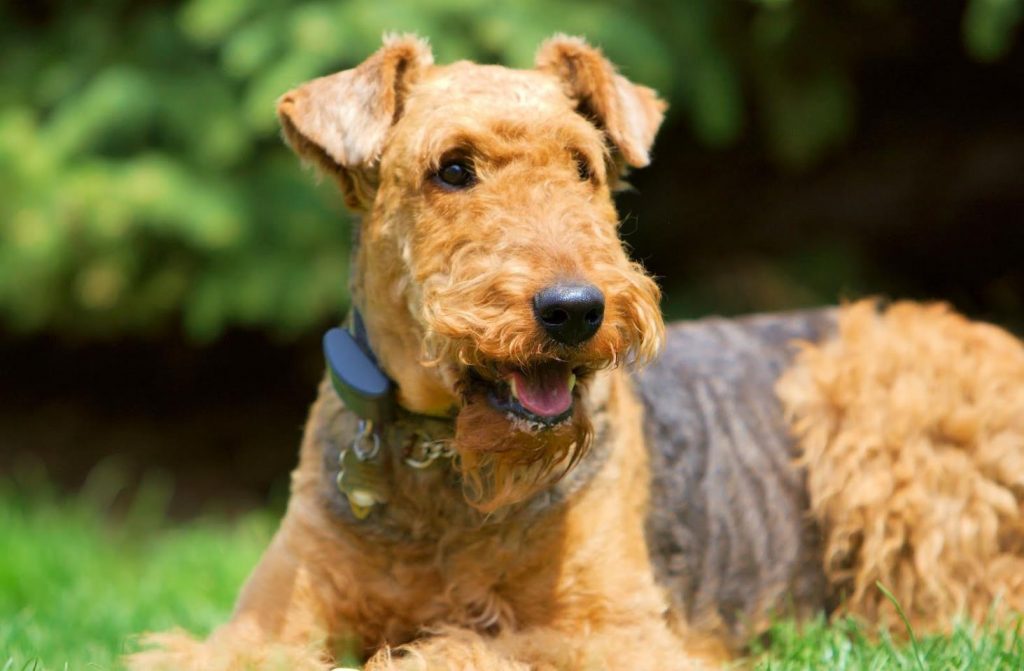
Neck
Moderate length and thickness, thickening gradually toward the shoulder. Skin is tight and should not be loose.
Shoulders and chest
Shoulders long and sloping to unite with the back. The shoulder blades are flat. The chest is deep but not wide when viewed from the front. The depth of the chest is roughly flush with the elbows.
Body
The back is short, firm and level. Ribs well expanded. The loin is well muscled and of moderate width. Short distance from the last rib to the hip.
Hindquarters
Firm, well-muscled with no sagging.
Tail
Tail root is positioned high. Tail always held happily, but not rolled over on the back. Average length, powerful.
Legs
Straight forelegs, well muscled and well boned. The elbows are perpendicular to the body and can move freely. The hind legs are long and powerful, with well-muscled thighs and properly angled hind knees that do not turn inward or outward. Viewed from behind, the fly joints are parallel to each other below. Foot claws are small, rounded and close together, the pads of the feet are of proper depth, and the toes are moderately arched upward without turning inward or outward.
Coat
Hard, dense, and wire-like, clinging to the body and covering the torso and legs. Some of the hardest hairs are curly or slightly wavy. Beneath the hard hairs is an undercoat that is shorter in length and softer.
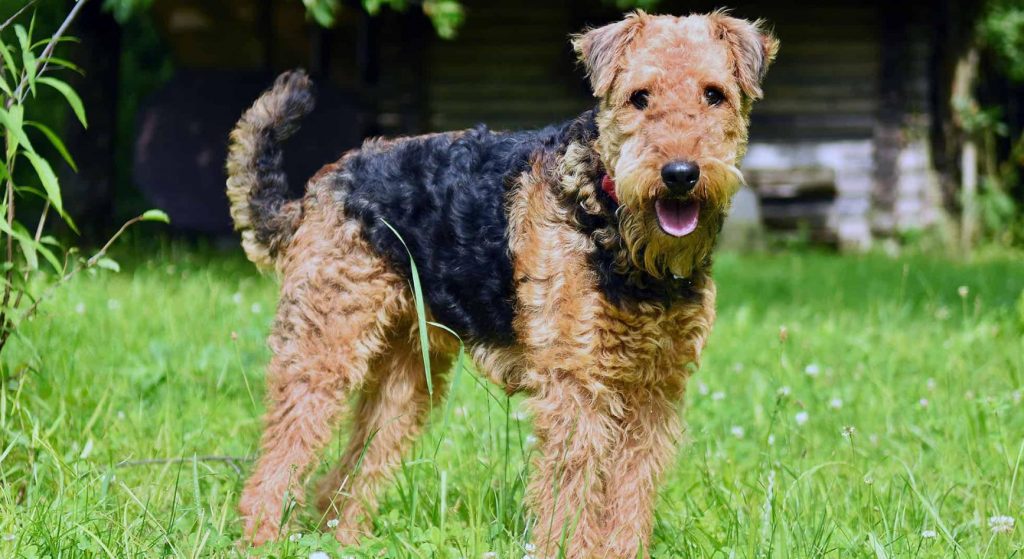
Color
The head and ears are brown, with the ears slightly darker than the rest of the coat. Dark shading on one side of the head is permitted. The thighs and below the elbows, the lower part of the torso and the chest are also brown, with the brown color also extending to the shoulders. The sides of the upper part of the torso, should be black or dark gray. Red coloration is sometimes mixed in with the black, but it is not welcome. White spots on the chest are a characteristic unique to certain lines of this breed.
Body Type
Normal shoulder height is about 23 inches, bitches may be slightly shorter, and both males and females should be sturdy, muscular, and strong-boned.
Gait
Gait is critical in competition. Movement should be effortless. From the front, the forelegs swing vertically on either side of the body, with the distance between the paws equal to the distance between the elbows. From the rear, the hind legs are parallel to each other, not too close or too far apart, and the stance and gait appear balanced and robust. The toes of the feet do not turn inward nor outward.
Flaws
Yellow eyes, hound ears, white paws, soft coat or lack of height, protruding upper jaw or lower jaw protruding bite, and poor gait are considered serious defects.
